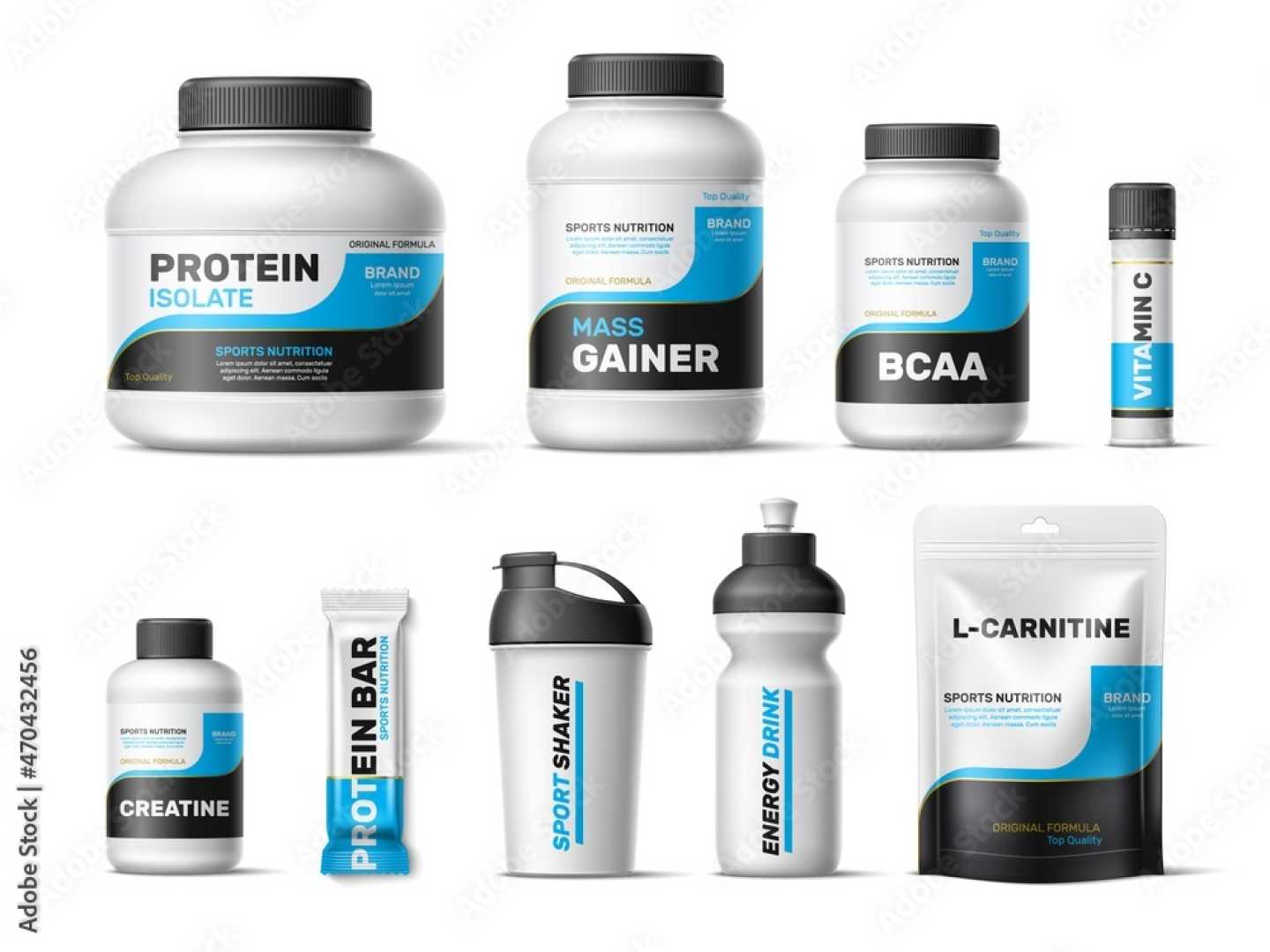Health
Study Finds High Levels of Lead, Cadmium in Protein Powders

Over-the-counter protein powders, particularly plant-based, organic, and chocolate-flavored varieties, may contain concerning levels of lead and cadmium, according to a new investigation by the Clean Label Project. The nonprofit organization, dedicated to transparent food labeling, tested 160 products from 70 top-selling brands and found that organic protein powders had three times more lead and twice the cadmium compared to non-organic options.
“On average, organic protein powders had three times more lead and twice the amount of cadmium compared to non-organic products,” said Jaclyn Bowen, executive director of the Clean Label Project. The report, released Thursday, also revealed that plant-based powders, such as those made from soy, rice, and peas, contained three times more lead than whey-based products.
Chocolate-flavored protein powders were particularly problematic, containing four times more lead and up to 110 times more cadmium than vanilla-flavored powders. This is likely due to the high levels of heavy metals found in dark chocolate, which is derived from cacao. A previous study found that 43% of dark chocolate products exceeded California’s Proposition 65’s maximum allowable dose level for lead.
Heavy metals like lead and cadmium are naturally present in soil, air, and water, but elevated levels can result from industrial pollution, mining, and certain agricultural practices. Cadmium is a known carcinogen and can damage the heart, kidneys, gut, brain, respiratory system, and reproductive system. Lead, even in small amounts, is unsafe for humans.
The Clean Label Project sent protein powder samples to an independent certified laboratory, which conducted nearly 36,000 tests for 258 contaminants, including heavy metals, bisphenols, and PFAS. While the 2024 report focused on lead, cadmium, and bisphenols, data on other contaminants will be released later.
Despite the findings, Bowen emphasized that protein powders can still be part of a healthy lifestyle. “For people following a fully plant-based diet, protein powders made from peas appear to have the lowest levels of heavy metals,” she said. “If you don’t have any dietary restrictions, the data suggests that whey-based or egg-based, vanilla-flavored protein powders will have the least amount.”
The Council for Responsible Nutrition, an industry association representing supplement manufacturers, criticized the report for lacking transparency about testing criteria and product selection. “Without such clarity, consumers and industry stakeholders cannot fully evaluate the validity of the claims,” said Andrea Wong, CRN’s senior vice president of scientific and regulatory affairs.
Bowen urged consumers to stay informed and proactive. “Ask questions, demand answers,” she said. “The topic of heavy metals isn’t going away.”












